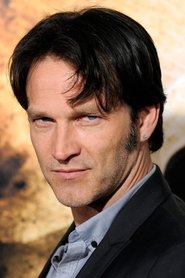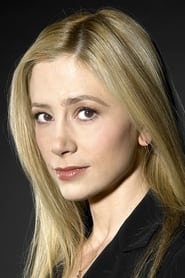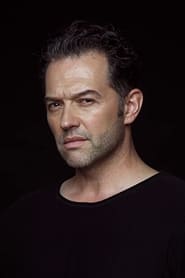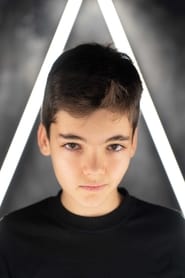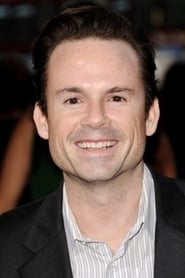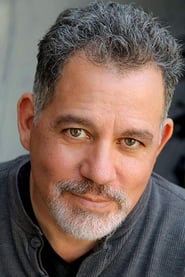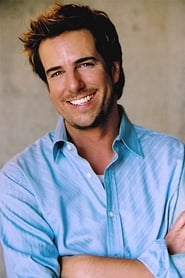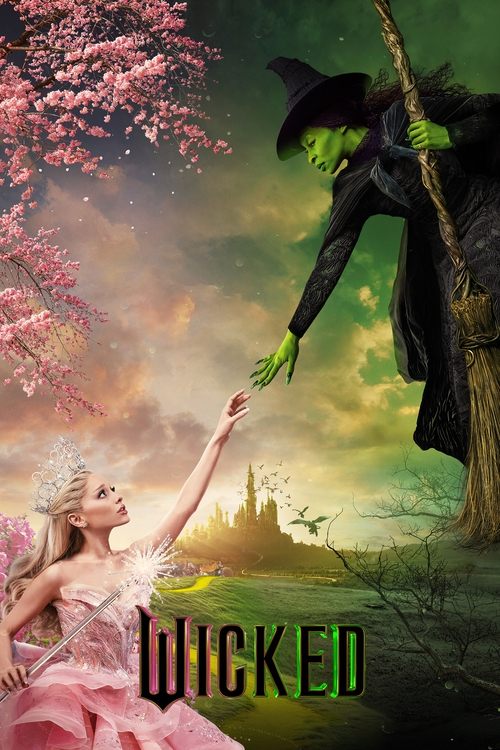
Ask Your Own Question
What is the plot?
What is the ending?
In the ending of "After We Fell," Tessa and Hardin face significant challenges in their relationship. After a series of misunderstandings and emotional turmoil, Tessa decides to leave Hardin, feeling that their love is too toxic and complicated. The film concludes with Tessa moving on with her life, while Hardin is left to confront his feelings of loss and regret.
As the final scenes unfold, Tessa is seen packing her belongings, her face a mixture of determination and sadness. She reflects on her time with Hardin, the love they shared, and the pain that often accompanied it. The weight of her decision hangs heavily in the air, as she understands that leaving Hardin is a step towards finding herself and reclaiming her independence.
Meanwhile, Hardin is depicted in a state of despair. He watches Tessa leave, his expression filled with anguish and longing. The emotional distance between them is palpable, and he grapples with the reality of losing the person he loves most. The film closes with Tessa driving away, symbolizing her journey towards self-discovery and the difficult choice to prioritize her own well-being over a tumultuous relationship.
In the final moments, the screen fades to black, leaving the audience with a sense of unresolved tension and the possibility of future reconciliation, but also the understanding that both characters must first confront their individual struggles.
As the film approaches its conclusion, the atmosphere is thick with tension and unresolved emotions. Tessa is seen in her apartment, surrounded by boxes as she prepares to leave. The camera captures her hesitance, her fingers brushing over the items that represent her life with Hardin. Each object holds a memory, a moment of joy intertwined with pain. She takes a deep breath, her heart heavy with the weight of her decision.
In a flashback, we see moments of their relationship--the laughter, the passion, but also the fights and misunderstandings that have plagued them. Tessa's internal conflict is evident; she loves Hardin deeply, yet she recognizes the toxicity that often accompanies their love. The decision to leave is not made lightly; it is a culmination of her desire for independence and self-respect.
As she finishes packing, Hardin enters the room, his expression a mix of confusion and desperation. He pleads with her to stay, his voice cracking with emotion. Tessa, however, stands firm, her resolve clear. She explains that she needs to find herself outside of their relationship, that the love they share has become a source of pain rather than joy. Hardin's face falls, and the pain of potential loss washes over him.
The scene shifts to Tessa in her car, driving away from the apartment complex. The camera captures her face, a blend of relief and sorrow. She glances in the rearview mirror, catching a glimpse of Hardin standing alone, watching her leave. His expression is one of heartbreak, a stark contrast to the vibrant love they once shared.
As Tessa drives, the landscape blurs past, symbolizing her journey towards a new chapter in her life. The music swells, underscoring the emotional weight of her departure. She is determined to reclaim her identity, to step away from the chaos that has defined her relationship with Hardin.
Meanwhile, Hardin is left in the apartment, grappling with the reality of his loss. The silence is deafening, and he sinks onto the couch, his head in his hands. The camera lingers on him, capturing the raw vulnerability of a man who has pushed away the one person who truly understood him.
The film concludes with Tessa's car disappearing down the road, a poignant reminder of her choice to prioritize her own happiness. The screen fades to black, leaving the audience with a sense of unresolved tension. The fate of both characters hangs in the balance; Tessa embarks on a journey of self-discovery, while Hardin must confront the consequences of his actions and the emptiness left in Tessa's absence. The ending encapsulates the complexities of love, growth, and the difficult choices that define relationships.
Is there a post-credit scene?
Yes, "After We Fell" features a post-credit scene that adds a layer of intrigue to the story.
As the credits roll, the scene opens with Tessa Young, portrayed by Josephine Langford, sitting in a café, visibly contemplative and somewhat anxious. She stares out the window, lost in thought, reflecting on the tumultuous events that have unfolded in her life, particularly her complicated relationship with Hardin Scott, played by Hero Fiennes Tiffin.
The atmosphere is tense, underscored by a sense of uncertainty about her future. Suddenly, the door to the café swings open, and a figure enters. It's Christian Vance, portrayed by Chance Perdomo, who approaches Tessa with a serious expression. He has a proposition for her that hints at deeper connections and unresolved issues surrounding Hardin's family and their past.
The scene ends on a cliffhanger, leaving viewers with a sense of anticipation and curiosity about what this meeting could mean for Tessa and Hardin's relationship, as well as the potential challenges that lie ahead. The emotional weight of the moment underscores Tessa's ongoing struggle for independence and clarity in her life, setting the stage for the next installment in the series.
What challenges do Tessa and Hardin face in their relationship in After We Fell?
In After We Fell, Tessa and Hardin face numerous challenges that test their relationship. One significant challenge arises from Tessa's decision to pursue a career opportunity in Seattle, which creates tension between them as Hardin struggles with the idea of her leaving. Additionally, Hardin's past traumas and his inability to fully trust Tessa lead to emotional conflicts. The revelation of secrets about Hardin's family, particularly concerning his father, adds another layer of complexity to their relationship, causing both characters to confront their fears and insecurities.
How does Tessa's relationship with her father evolve in After We Fell?
Tessa's relationship with her father evolves significantly in After We Fell. Initially, there is a strained dynamic due to her father's past mistakes and his absence in her life. As Tessa navigates her feelings about her father, she confronts him about his shortcomings, leading to a pivotal moment of reconciliation. This confrontation allows Tessa to express her hurt and disappointment, but it also opens the door for healing and understanding, ultimately helping her to grow as an individual.
What role does Landon play in Tessa and Hardin's lives in After We Fell?
Landon serves as a supportive friend and confidant to both Tessa and Hardin in After We Fell. He provides a stabilizing presence amidst the chaos of their tumultuous relationship. Landon often acts as a voice of reason, encouraging Tessa to pursue her ambitions and reminding Hardin of the importance of trust and communication. His character highlights the theme of friendship and loyalty, as he navigates his own challenges while being there for Tessa and Hardin.
What secrets about Hardin's family are revealed in After We Fell?
In After We Fell, several secrets about Hardin's family come to light, particularly regarding his father. It is revealed that Hardin's father has a complicated past, including a history of infidelity and emotional neglect, which deeply affects Hardin's perception of love and relationships. This revelation forces Hardin to confront his feelings of abandonment and anger, impacting his relationship with Tessa as he grapples with the fear of repeating his father's mistakes.
How does Tessa's career aspirations impact her relationship with Hardin in After We Fell?
Tessa's career aspirations significantly impact her relationship with Hardin in After We Fell. As she pursues a job opportunity in Seattle, her ambition creates a rift between them, as Hardin feels threatened by the idea of her independence and potential success. Tessa's desire to grow professionally clashes with Hardin's possessive tendencies, leading to intense emotional confrontations. This struggle highlights Tessa's journey towards self-discovery and empowerment, while also forcing Hardin to confront his insecurities and fears of losing her.
Is this family friendly?
"After We Fell," produced in 2021, is not considered family-friendly due to its mature themes and content. The film contains several potentially objectionable or upsetting aspects, including:
-
Sexual Content: The movie features explicit sexual scenes and discussions about relationships that may not be suitable for younger audiences.
-
Strong Language: There is frequent use of profanity throughout the film, which may be inappropriate for children.
-
Emotional Turmoil: Characters experience intense emotional conflicts, including jealousy, betrayal, and heartbreak, which could be distressing for sensitive viewers.
-
Substance Use: There are scenes depicting drinking and partying, which may not be appropriate for younger viewers.
-
Family Conflict: The film explores themes of family dysfunction and personal struggles, which could be upsetting for some audiences.
Overall, the film's mature themes and content make it more suitable for adult viewers.










